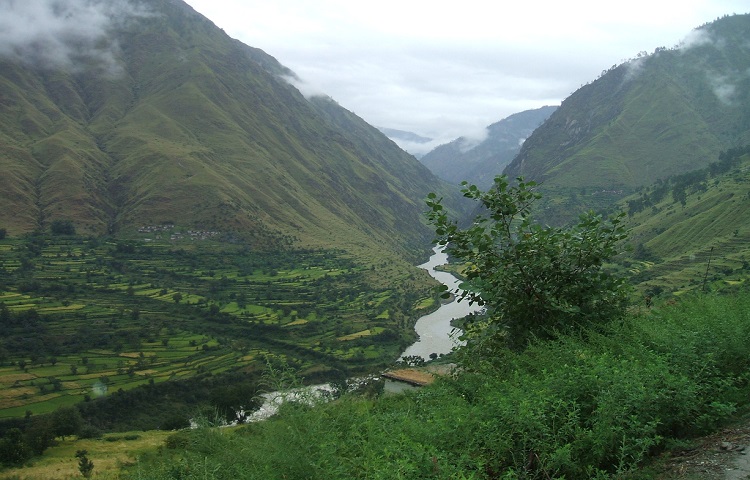UNFCCC allocates USD 9.5 mn in Karnali region of Nepal
Villages in many parts of the Karnali region rely on marginal, unproductive land without irrigation, which cannot produce enough food for its people, says Basnet.

- Country:
- Nepal
The United Nations World Food Programme (WFP) and the Ministry of Forest and Environment signed an agreement which will help the vulnerable communities in the Karnali region of Nepal to protect their crops and livelihood from climate change.
The United Nations Framework Convention on Climate Change (UNFCCC) has allocated USD 9.5 million to assist vulnerable people in the Karnali, by diversifying and strengthening the management of livelihood over a four-year period through supporting income generation projects and training for farmers.
The minister of Forest and Environment, Shakti Bahadur Basnet said that the villages in many parts of the Karnali region rely on marginal, unproductive land without irrigation, which cannot produce enough food for its people. Changing weather patterns have further worsened agricultural production for those living in the Karnali.
Nepal’s food production has been affected by climate-related hazard including drought, landslides, floods, and hailstorms. While this contribution by WFP is important in order to increase the adaptive capacity of climate vulnerable and those with little access to food.
WFP Nepal representative and country director Pippa Bradford said that there is no question that people living in Nepal’s Himalayas are feeling the impact of climate change, the average temperature globally is now rising at a rate of almost one degree Celsius per decade and weather patterns across Nepal are changing. It is important to work with the farmer and villagers to protect and preserve their environment.
- READ MORE ON:
- Nepal
- WFP
- Forest and Environment
- climate change
- Karnali










